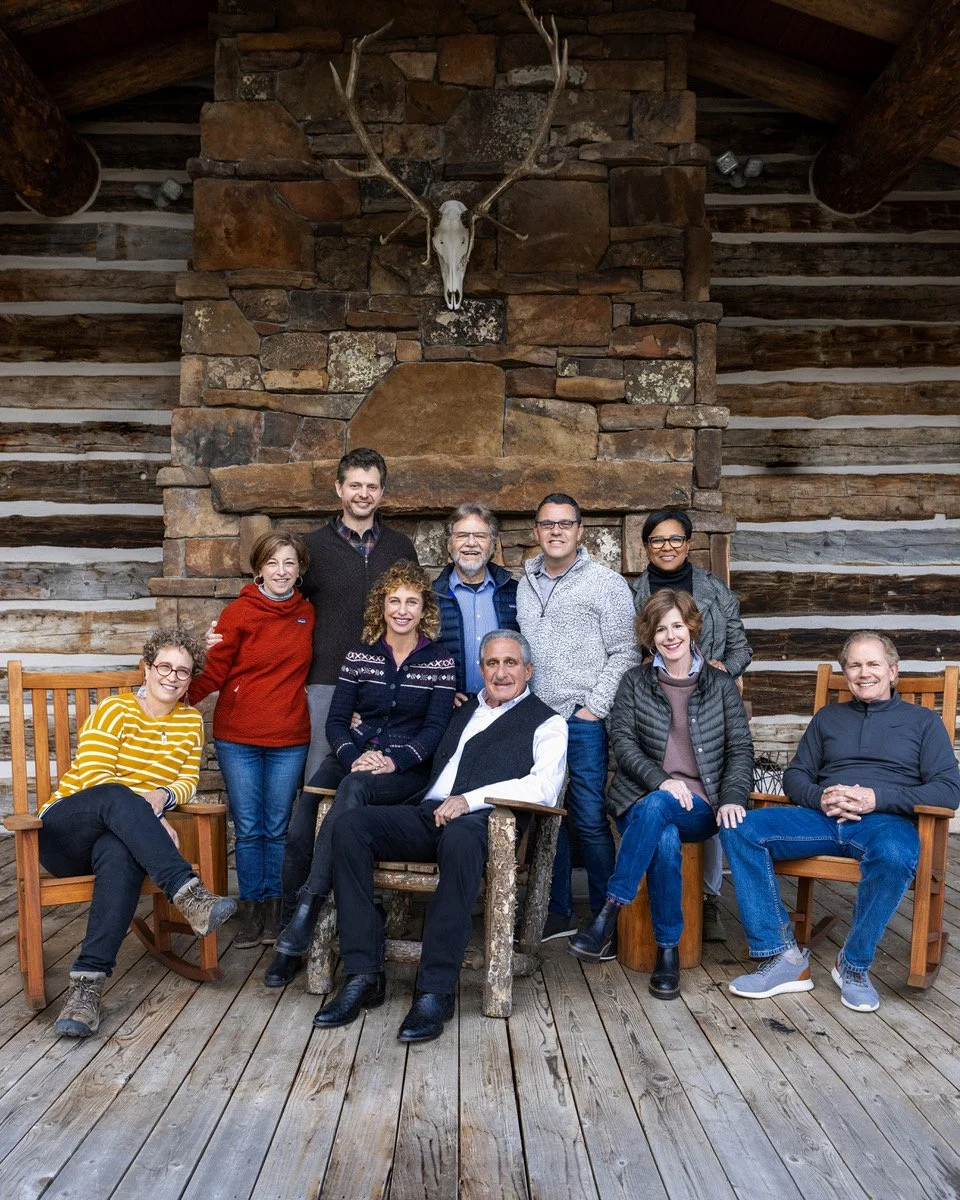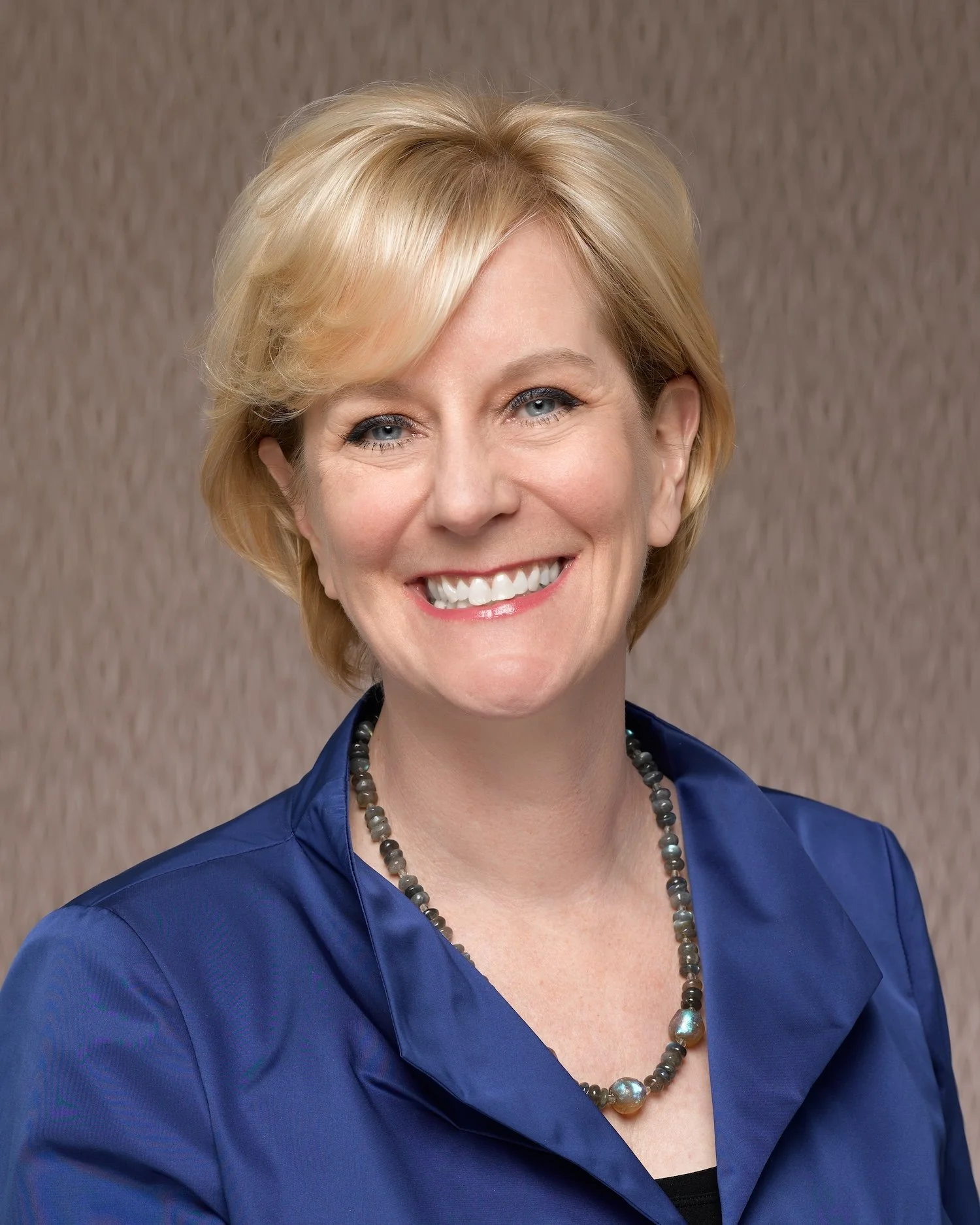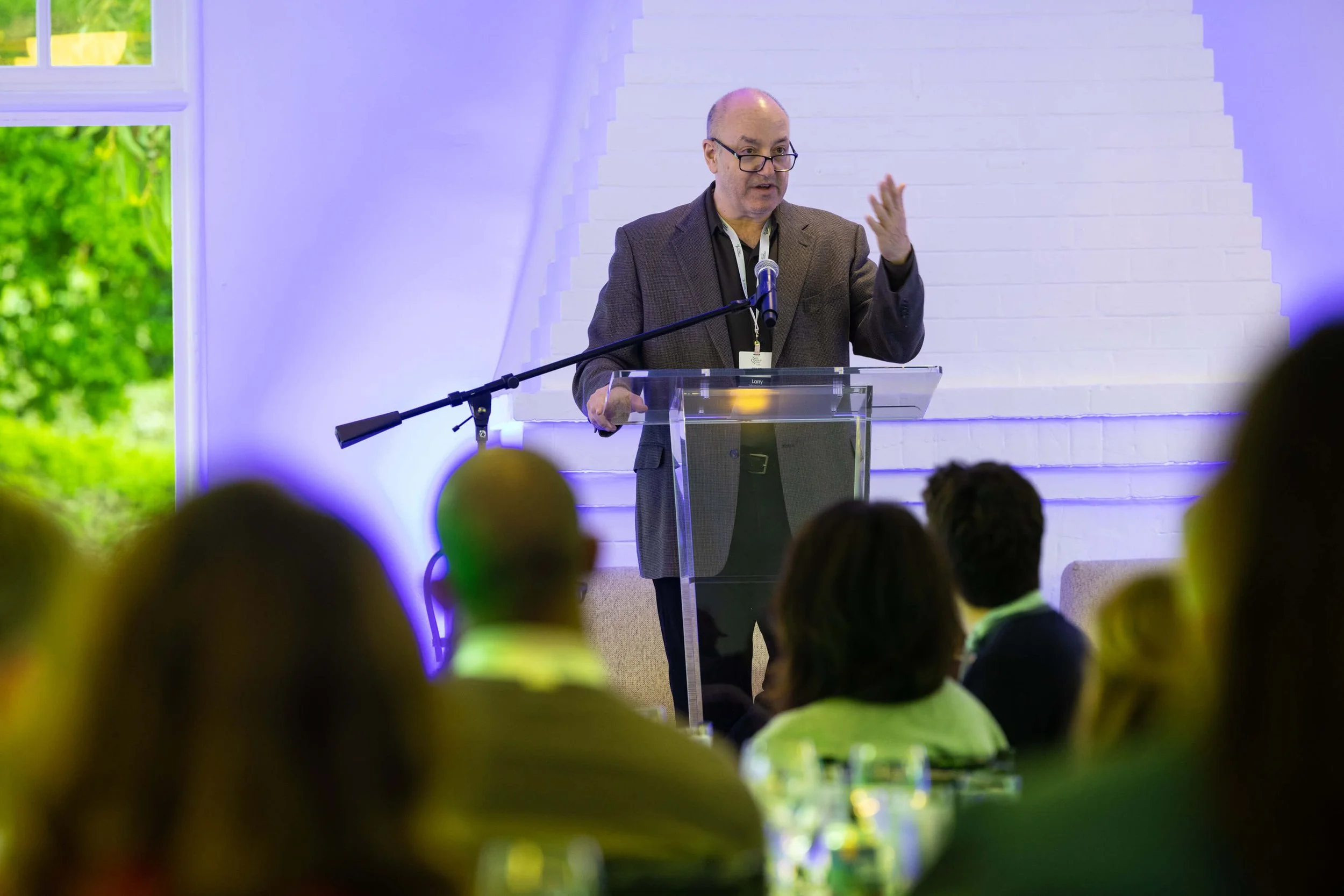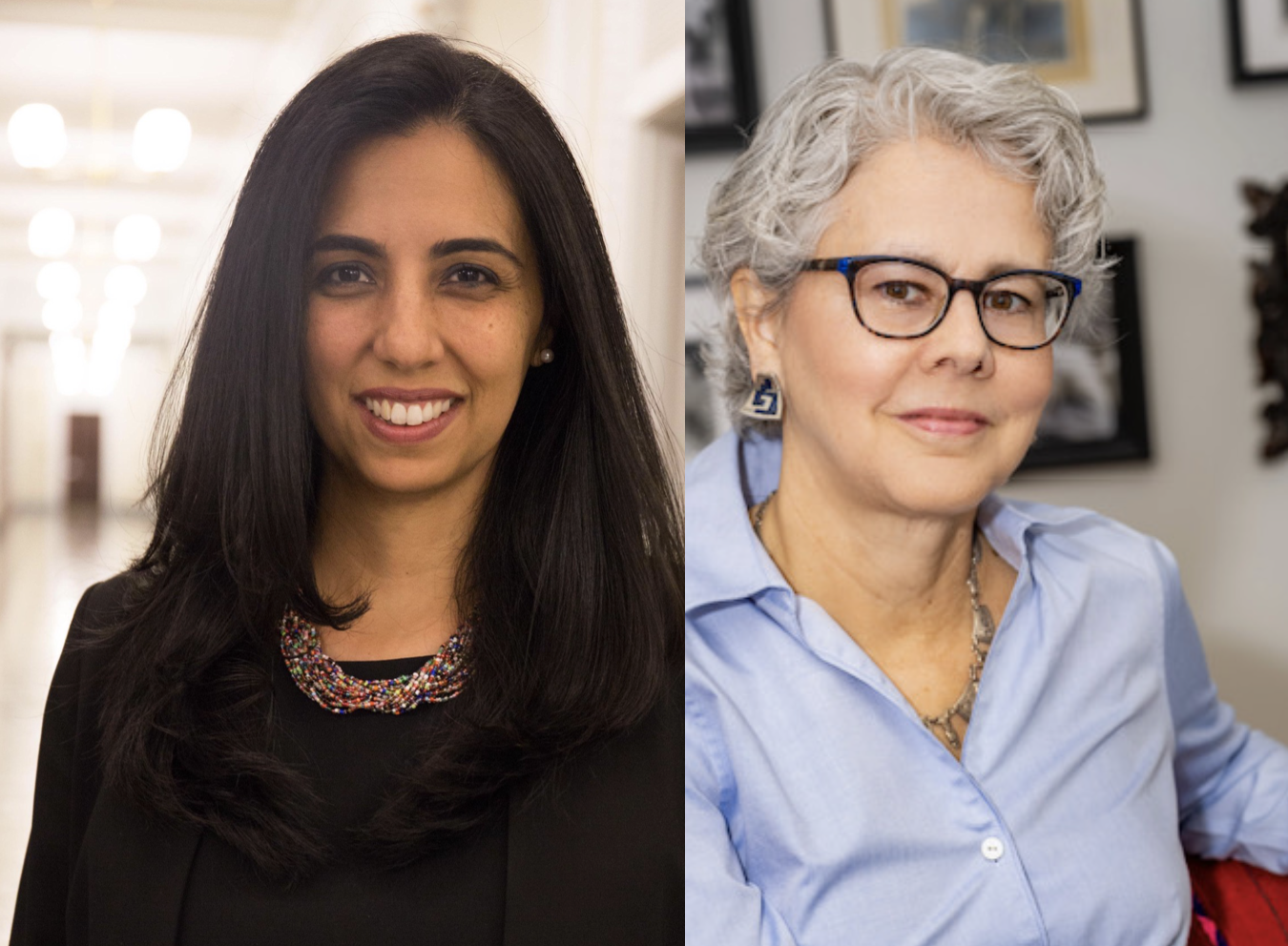A Nonprofit Channeling Charitable Giving to Clean Energy Tech Startups
/Algae biofuel research. photo: Toa55/shutterstock
As far as the clean energy economy has come, investments in new technology for climate change mitigation, especially for early-stage ideas, have tanked, as investors are scared off by high costs and long timeframes. In response, an up-and-coming nonprofit is mobilizing philanthropy to fix this gap in the market, turning charitable giving into investments in for-profit startups.
The underlying concept behind the PRIME Coalition is this: If profit-driven venture capitalists are too wary of funding climate solutions because they don’t deliver strong enough returns soon enough, what if foundations and donors—which are designed to lose money, after all—could step in for these investors instead?
PRIME is a Cambridge-based nonprofit that’s using a combination of program-related investments (PRIs) and grants to act as a bridge between carbon-reducing startups and eventual private-sector success. Started in 2014, the concept seems to be working, as PRIME’s first recipient weans itself off of philanthropic investment and is now fully backed by commercial investors. The team is also working on a new pooled investment fund as large as $40 million, with support from a U.S. Department of Energy grant.
This approach might seem odd or even troubling—using tax-deductible gifts to invest in tech startups, that is. Indeed, while impact investing is a rising force in philanthropy, PRIs have rarely gone toward science and engineering in the past—of the 5,861 program-related investments on record since 1998, fewer than 3 percent pertain to science and engineering innovation, and far fewer toward science solutions to climate change, according to analysis by the folks at PRIME.
Related: How Funders Are Using the Power of Their Investments to Impact Climate Change
So philanthropists have clearly found the approach an odd fit, too, or at least one that requires a level of vetting and investment expertise, both to back the right companies and comply with tax rules. These issues are a barrier for many funders.
But PRIME founder Sarah Kearney has developed a strong argument that it’s a solid fit for philanthropy: First, she says that we’re not going to reduce GHG emissions sufficiently without further advances in technology and without industry bringing them to scale. Second, traditional private investment vehicles are just not making that happen. And finally, there are existing legal mechanisms for philanthropy to support for-profit companies if they can demonstrate the primary purpose is charitable and not to make money.
PRIME’s team is trying to use these mechanisms to turn philanthropy into a new form of investment for climate change mitigation technology.
Innovation’s Role in Climate Change
The seed of PRIME started when now-Executive Director Sarah Kearney was at the helm of a foundation herself, directing funds for the Chesonis Family Foundation toward more traditional science and engineering grants.
The researchers with whom she interacted as a grantmaker, who were seeking to bring their work to market, got her wondering if there was a way for philanthropic entities to support entrepreneurs whose work would produce a social good. Kearney ended up pursuing a master’s at MIT under her research advisor Fiona Murray, now associate dean for innovation at the school and serving on the board of PRIME. She wrote her thesis in 2012 on how philanthropic entities could fill funding gaps in science and engineering related to issues like health, environment, water, and energy.
Related: Now Are Funders Ready to Bankroll More Movement Building Around Climate Change?
Around this time, VC investments in clean tech companies were plummeting following a boom in 2010, for a set of reasons that include long development cycles and high hardware expenses. It’s not that clean energy technology isn’t commercially viable, but considering that the next Snapchat could deliver a much faster windfall, many VCs just didn’t have the stomach for it. One 2017 report from Devashree Saha and Mark Muro at Brookings concluded that venture capital is not cutting it, and “commercializing new, innovative clean technologies to grow the economy and slow climate change will require a more diverse set of actors and funding models that leverage new private and public funding sources.”
This is a debate that comes up in climate action—whether we should be expending our efforts on new technology or opting for late-stage development and deployment of what we have. But Kearney and her team say the new tech vs. deployment debate is a false dichotomy, because all stages of innovation need funding and actually feed into each other. PRIME has put a focus on nascent tech, in which a basic idea is proven but needs to be scaled, because that’s where they saw a particularly acute gap in funding.
Following her graduate studies, Kearney founded PRIME in 2014 to try and bridge that gap by making it easier for philanthropies to shepherd startups along when investors don’t.
How Charitable is an Investment?
It’s understandable to be uneasy with the concept of tax-deductible charitable giving going toward a startup that seeks to become profitable. Investments in for-profits by foundations like Gates have drawn criticism. Approved grants to for-profits and PRIs count toward a foundation’s legal requirement for giving, and you can imagine the potential for abuse.
Investment in a tech company rather than a food bank, a worker co-op or a low-income community development effort is another step removed from what we typically think of as the purpose of philanthropy.
Related:
- Power to the People: Surdna Wants Communities to Control Their Own Energy
- The Chorus Foundation Looks to Communities to Take the Lead on Climate
Existing channels of investment continue to fall short, however, and Kearney says that the understandable hesitance toward such charitable investments is precisely why an intermediary like PRIME is important. Core to the distinction that an investment is for charitable purposes is demonstrating that it would not be made without philanthropic dollars, and that the purpose of the investment is not to make money.
According to PRIME co-founder Matthew Nordan, a committee of 12 energy tech investors determine if a set of target companies are “needy and deserving.” That process leads to the documentation to satisfy IRS requirements for a charitable investment. PRIME then works with grantmaking entities to match them up with startups—39 funders have made philanthropic transactions so far, and they’ve moved $15.6 million to date. A donor can make a non-recoverable grant, a recoverable grant that can be regranted later, or a program-related investment.
Investors in PRIME transactions include the Boston Foundation and the Will and Jada Smith Family Foundation, and 27 of the 39 had never made a charitable investment before. PRIME has also received grant support from foundations interested in strengthening intermediaries in the green investing space, including the Hewlett Foundation. Hewlett's president, Larry Kramer, has sounded a note of caution about using precious endowment capital to fuel social investments, but sees a clear role for grantmakers in facilitating and improving such investment by the private sector.
PRIME’s next big move is creating a pooled fund from which to invest (rather than funding deal-by-deal). This is a vehicle aiming for $20 million to $40 million, with the help of a DOE grant.
Aside from making successful individual investments, PRIME’s also out to prove a point—that this approach could be a whole new class of investment, and a major tool to fund climate solutions.







































